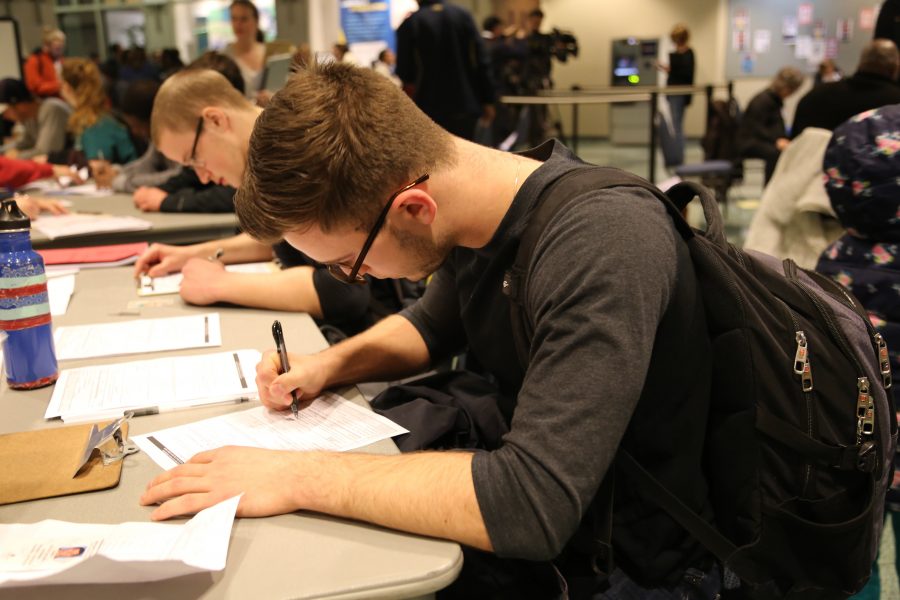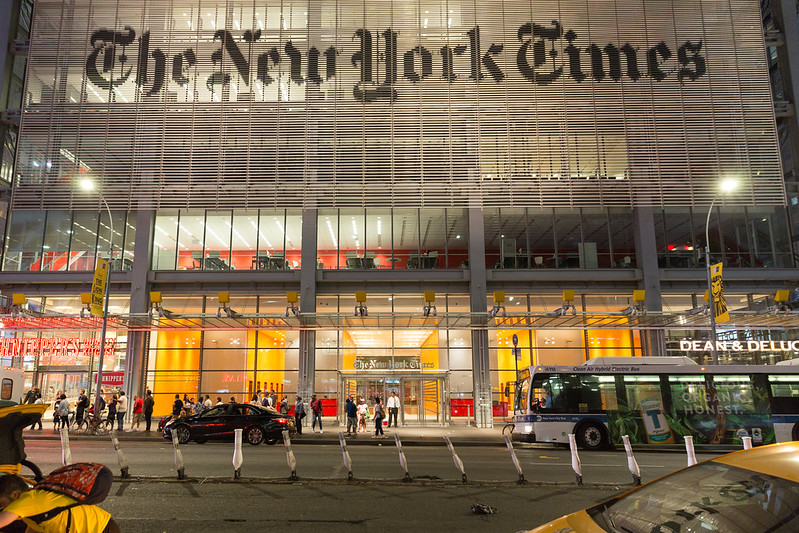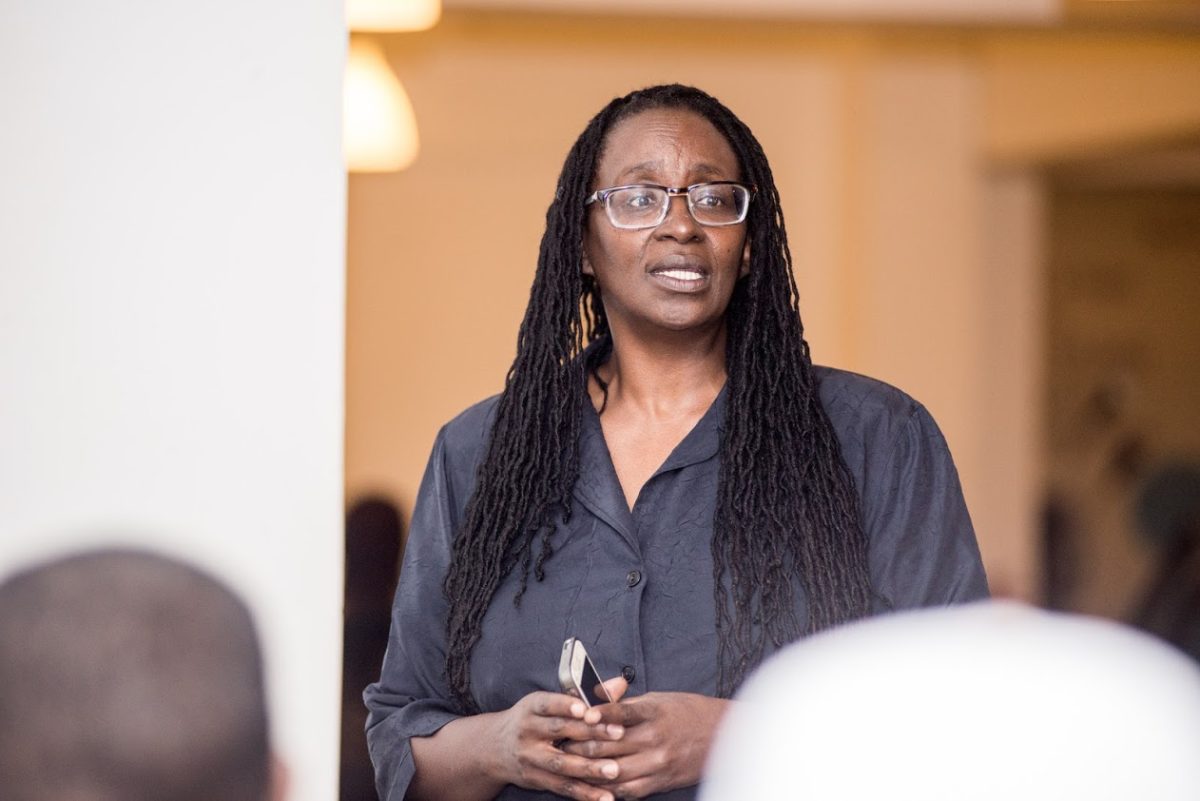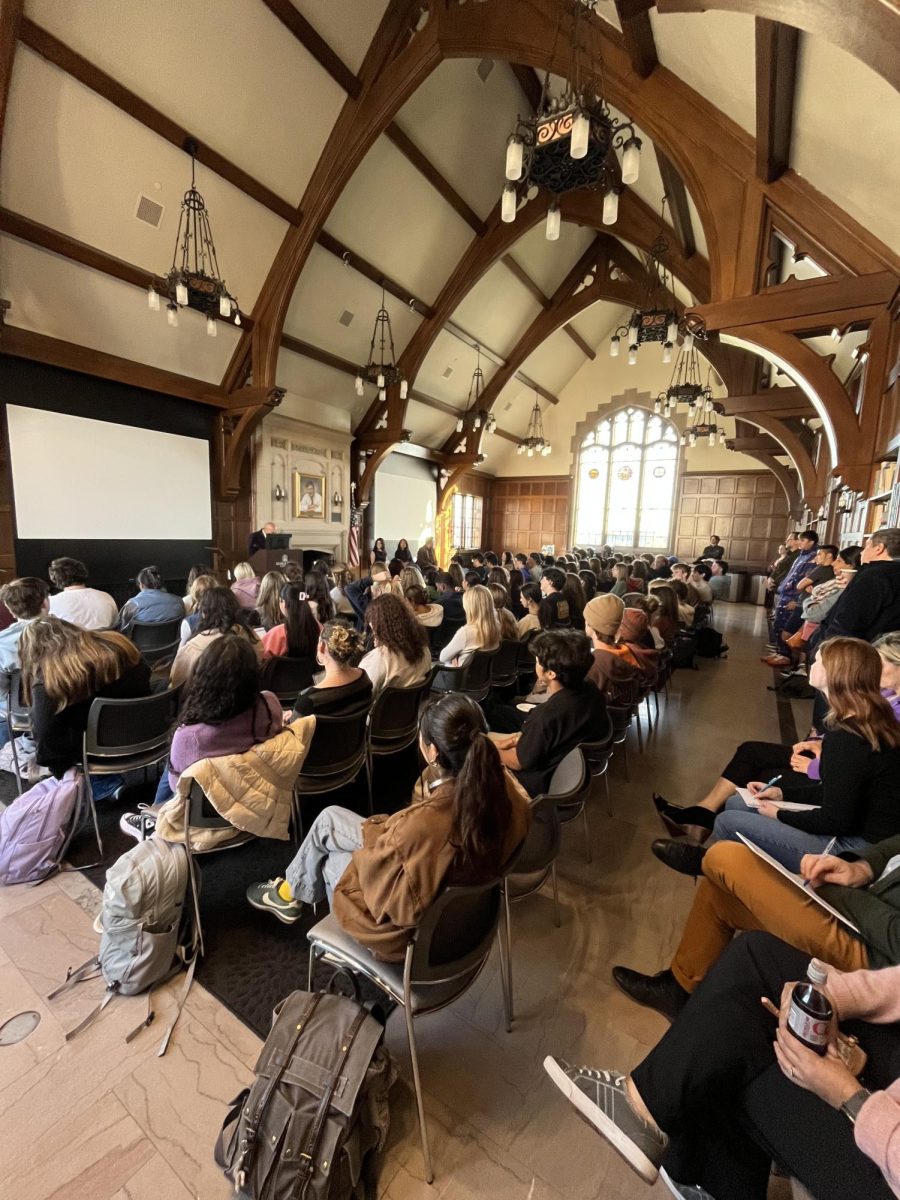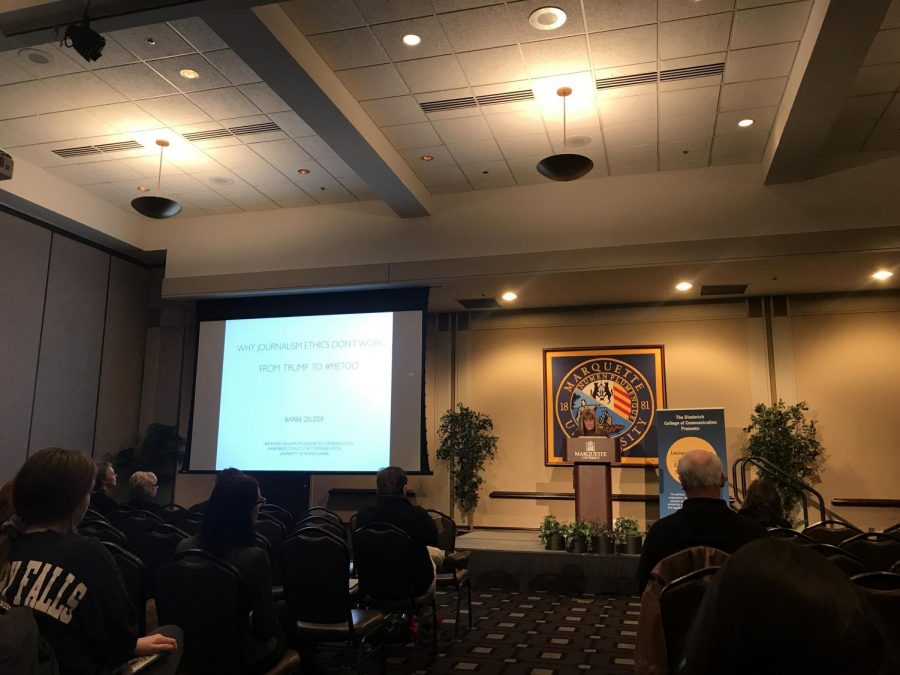This presidential election has in many ways defied what Americans knew to be true about politics. Between the former reality TV star and a career politician under a seemingly never-ending FBI investigation, 2016 has tested norms of integrity and dignity. Now, our nation’s journalistic tradition of ethically reporting Election Day projections is in jeopardy. And maybe democracy.
As has been the case for decades, news organizations wait until the majority of polls are closed in a particular state before reporting exit poll data, projections and vote results. However, a company created this year called VoteCastr will team up with Slate Magazine to release real-time ballot projections throughout the day in seven important swing states: Colorado, Florida, Nevada, New Hampshire, Ohio, Pennsylvania and Wisconsin.
VoteCastr’s editorial director and chief strategist Sasha Issenberg argued in a column for Slate, “there is no good reason to keep information from voters on Election Day.” But this unprecedented move by a news organization threatens the journalistic integrity involved in covering an election and the American democratic system it inherently preserves.
Of course, all news organizations in general want to give citizens as much information as possible as soon as possible, but they do so with caution, considering fundamental journalistic values of fairness, truth, accuracy and public trust. It’s not only a matter of what information the public receives, it’s also a matter of when.
VoteCastr, a team of data scientists and journalists, will track voter turnout and use analytics to tell citizens who’s winning at any given time, from the time the polls open on the East Coast until they close on the West. One severe consequence of this reporting is that all-day, real-time coverage could hurt elections at the local level for the sake of the presidential race. When people in California get off work in the late afternoon and go to vote, polls on the East Coast are nearly closed. If these voters on the West see the VoteCastr results showing one candidate leading by a landslide, some may choose not to cast a ballot at all.
Maybe those lost votes won’t make a difference in electing the president, but local and state races, in which as few as hundreds of votes can make all the difference, would suffer as a result. A pattern like this would lead to an imbalance in government in which local officials of eastern states and cities more accurately represent their constituents than those on the West Coast.
The structure of the U.S. election system ensures every person the right to cast a vote knowing each person’s vote is counted and valued equally. VoteCastr’s practice will support the mindset far too many Americans have that their vote doesn’t count and validate many people’s decisions to stay home on Election Day.
VoteCastr defends its decision to publish live Election Day projections with the fact that campaigns keep track of this poll data during the election as well. The difference, however, is that a campaign does so to locate areas where its candidate needs more support, calling campaign staff members and sending them off to encourage people to go out and vote in those districts. And whereas campaign teams use this information to get more people to the polls, promoting their agenda of electing their candidate, news organizations have no such agenda. In fact, they take cautious measures to avoid interfering with the electoral process.
In claiming that the traditional reporting of election results withholds information from the public unnecessarily, VoteCastr members disregard the fact that journalists often make ethical decisions of which information to publish and when to do so. For example, most news organizations refrain from naming people who allegedly commit a crime until they are officially charged, so as not to soil their reputations prematurely. Like this journalistic norm, Election Day reporting is a matter of ethics. It protects the democratic passing on of power this country prides itself on by not releasing information so early that it skews election projections.
Ethical journalism is vital to democracy. American journalists understand this and take this responsibility seriously. VoteCastr and Slate’s joint venture Nov. 8 jeopardizes journalistic integrity and, as a result, the future of U.S. governance.

